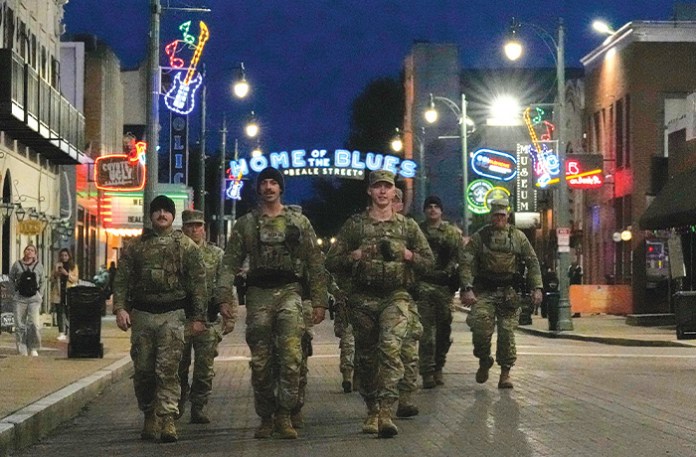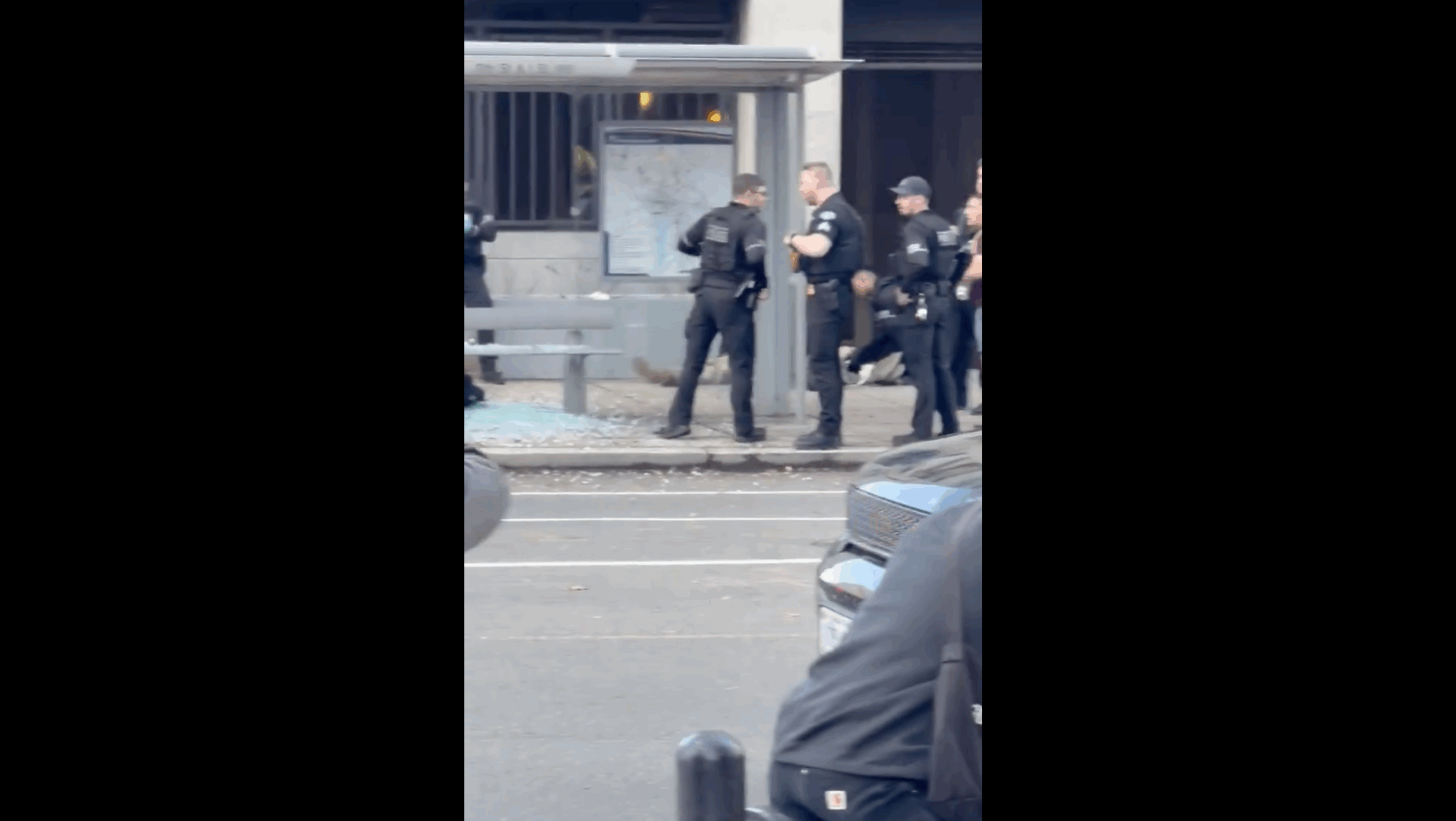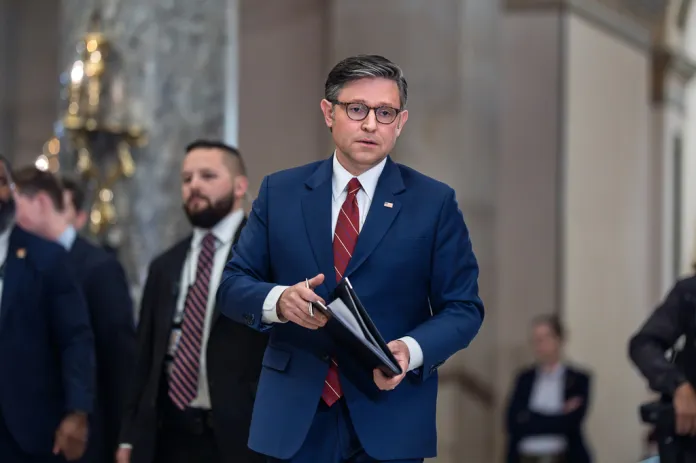Hon. Thaddeus G. McCotter: The Death of Nicaraguan Democracy– U.S. Economic and Security Interests Are Not Always Simpatico
In the summer of 2005, as the U.S. Representative for Michigan’s 11th I opposed the Congressional District Central American Free Trade Agreement (CAFTA), with Nicaragua, Guatemala, El Salvador and Honduras. My position was based on the harm it would do to Michigan and America’s sugar beet growers; and because of its detrimental impact on American relations in the region. This didn’t go down well with Bush and the House leadership.
In a meeting with the then-House GOP majority’s leadership, I again heard two key rationales for supporting the pact. One, CAFTA is a “win” for the U.S. economy, because it would break down the other nations’ protectionist trade barriers; thus, our economy would gain more than our prospective trade partners. The other rationale was to show the American government’s support for the democratically elected leaders in those nations. I disagreed with the legislation and was still opposed to it.
Together with a few other members who opposed CAFTA, I received a summons from the White House to meet President George W. Bush with his team. When similar arguments were made for supporting CAFTA I repeated my opposition, arguing that it would harm sugarbeet growers. I was aware of the history of many others in the room and reiterated my opposition for national security reasons. The logic was inescapable: if, indeed, CAFTA would be a win for the overall American economy by removing the other nations’ protectionist trade policies, the other nations’ citizens will feel cheated, especially the beneficiaries of the repealed protectionist trade policies; and the ensuing political unrest, which would brand those nations’ friendly administrations as U.S. lackeys, would constitute an existential threat to the continuation of democracy building in the region. Particularly, I was concerned that CAFTA would bring back Daniel Ortega and his Sandinistas in Nicaragua. I was dismissed from my concerns. Ultimately, CAFTA passed.
After being defeated in 1990’s national elections, in which Violeta Barrios De Chamorro won, Daniel Ortega has been elected president of Nicaragua again. Rosario Murillo, his spouse, is the vice president of Nicaragua. Their Frente Sandinista de Liberación Nacional (FSLN) party – i.e., the Sandinistas – are back in despotic control of the country. Catholic Bishop Rolando Álvarez of Matagalpa is on trial for the “crime” of supporting democracy and opposing the government aligned paramilitary’s murders. Nicaraguans are once again being oppressed by the Sandinista regime.
CAFTA is not the only culprit. But it did serve as one more weighty economic straw upon the already straining camel’s back that was Nicaraguan democracy. 2018 public opposition to pension legislation The latest round of Sandinista Tyranny saw an exponential rise in killings by police officers and paramilitary groups pro-government, as well as arbitrary detentions, attacks against journalists, and members of Catholic Church. According to BTIThe collaboration of think tanks and universities analysts to assess – “the transformation processes towards democracy and inclusive market economy worldwide”:
“The message sent by the highest-ranking Nicaraguan authorities is that they are willing to do anything to silence the voices of those who demonstrate against this violent repression. This situation is extremely serious and deserves strong condemnation from the international community.”
“The direct attack on figures who publicly denounce the attacks of agents of the government of President Ortega is without a doubt a form of retaliation and an attempt to silence those dissident voices,” Erika Guevara Rosas
“The serious human rights violations committed or permitted by the authorities are turning the country into a pressure cooker about to explode. Nicaragua’s tragic history must not be repeated.”
The Biden administration should consider targeting Nicaraguan officials and government agencies responsible for violence and other punitive measures against religious leaders and houses of worship.
With our allies and partners, the United States believes that Nicaragua needs to return to democracy. We will use all diplomatic and economic resources to push for accountability for Ortega-Murillo’s regime. We will also reiterate our call for the unconditional and immediate release of political prisoners and demand the restoration of civic space in Nicaragua.
The judicial authority reviewed the precautionary measures ordered in the preliminary hearing, maintaining house arrest, likewise, admitted the exchange of evidentiary information and referred the case to trial,” The bulletin stated.
“Democratic capitalism had triumphed!” For CAFTA and other trade agreements, policymakers’ did not ask the question “what could go wrong?” They were curious. “how soon until everything goes right?” There is however a kernel wisdom within the “end of history” ideology: policymakers’ hubris, cupidity, and historical ignorance may not bring about the end of history; but it can bring about the death of a democracy.
" Conservative News Daily does not always share or support the views and opinions expressed here; they are just those of the writer."





